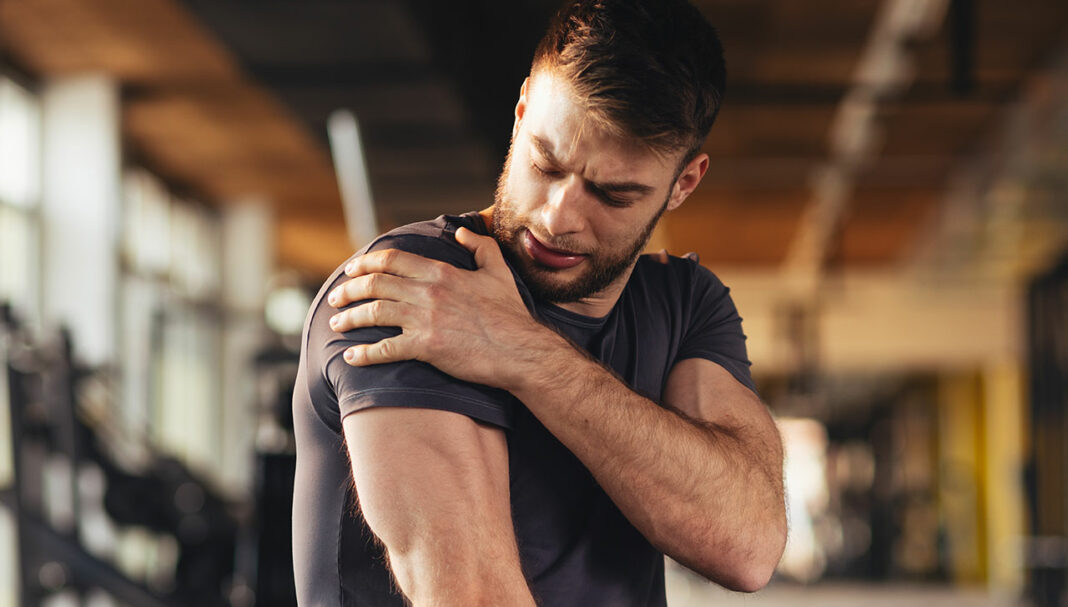Case scenario
Callum, a 30-year-old engineer, presents to you in the pharmacy requesting pain relief. Callum reports worsening left shoulder pain following his COVID-19 vaccine. Upon investigation, Callum states his vaccination was several weeks ago and thought at the time the injection was delivered very high on his arm. He has had increasing shoulder pain, swelling and reduced range of motion in his left shoulder. He is seeking assistance now as he is struggling to perform simple activities such as cooking. As you suspect, Callum has sustained a shoulder injury related to vaccine administration. You refer Callum to his GP.
Learning objectivesAfter successful completion of this CPD activity, pharmacists should be able to:
Competency Standards addressed (2016): 1.1, 1.4, 1.5, 2.2, 3.1, 3.5 |
Already read the CPD in the journal? Scroll to the bottom to SUBMIT ANSWERS.
Introduction
Many pharmacists across Australia are currently administering vaccines. Shoulder injury related to vaccine administration (SIRVA) is a very rare iatrogenic condition causally linked to improper vaccine delivery.1 All vaccinators, including pharmacists should be knowledgeable about this largely preventable condition. This article provides current evidence- based information on SIRVA and how to prevent its occurrence.
How does SIRVA occur?
SIRVA occurs when vaccinations are delivered into
THIS IS A CPD ARTICLE. YOU NEED TO BE A PSA MEMBER AND LOGGED IN TO READ MORE.



 National Medicines Symposium 2024 speakers (L to R): Steve Waller, Professor Jennifer Martin, Professor Libby Roughead, Tegan Taylor[/caption]
National Medicines Symposium 2024 speakers (L to R): Steve Waller, Professor Jennifer Martin, Professor Libby Roughead, Tegan Taylor[/caption]


 This CPD activity is sponsored by Reckitt. All content is the true, accurate and independent opinion of the speakers and the views expressed are entirely their own.[/caption]
This CPD activity is sponsored by Reckitt. All content is the true, accurate and independent opinion of the speakers and the views expressed are entirely their own.[/caption]









